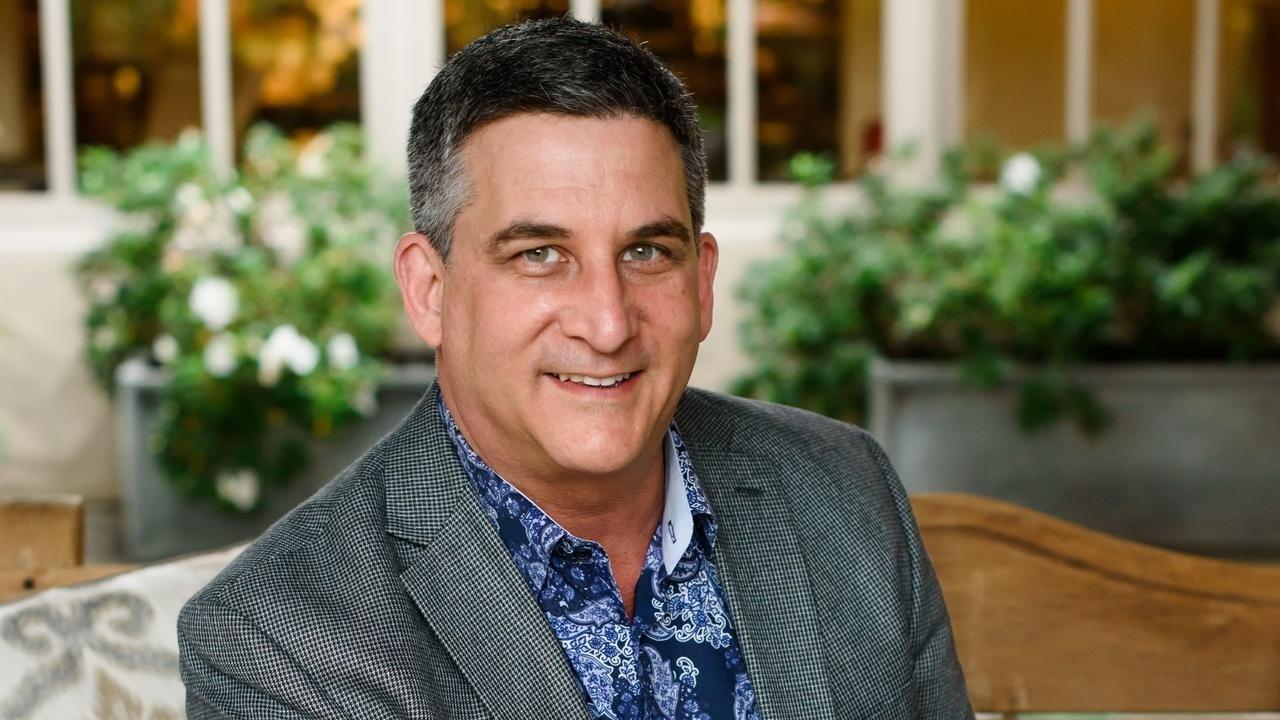
In Two Minds
Jan 25, 2017It may sound odd to say that HOW we think affects WHAT we think and that now, more than ever, we all need to understand certain cognitive processes. Multiple studies over this past decade have explored the dual-process concepts of how we think.
Have you ever been talking with someone (in person or even on Social Media) and the conversation turns into an argument that ends up going sideways? You wonder how could a rational person think that way. Your friendship might be threatened because the need to defend the deep belief system is so powerful.
In this Wednesdays With Wayne you’ll learn how to use both types of thought processes to your advantage. It’s a little different than my usual writing, because heavy academic studies make this kind of dry. So I’ll break it down a bit and give you what you need on this page. Just stick with me here and, in the comments, let me know what you think!
First, start with the notion that we have two types of thoughts that influence us. The first is deep and almost reactive. Simply put, we have gut responses to things. We view things and judge them. That judgement is based on our past experiences. It could be a smell that triggers a positive or negative memory. It could be a type of car that makes you leap to a judgment about the driver. (For example, when we see a Prius or a BMW, we make assumptions about the drivers of those vehicles, even if you’re one of them, right?)
This gut level response tends to make us either apprehensive or excited about something or someone. This can also get in our way of engaging in more positive connections with others.
But that’s just level one or, as some call it, System One thinking.
The second type of thought is more logic-based. We humans like to think of ourselves as logical and that our intellect comes from being able to follow a syllogistic-tree (fancy terms for “if this, then that” thinking process). We’re actually good at that. We use our frontal lobes to plan our days and to get around obstacles. We use logical thought to create internal logic-based arguments for taking certain actions.
And our gut backs us up.
Or… our level one thinking actually starts the process that allows us to go down the logic path.
AND THAT can be your greatest advantage or create your biggest blind-spot.
To truly succeed, you need to know that you might have a blind-spot, so keep reading! This gets really good and juicy (there’s a dark academic side of me that is sort of geeking out here)!
You NEED both types of thinking. You need level one thinking to allow you to make snap decisions to keep you safe. You bounce situations off of your past experience and you get a “gut feeling” about something. You need level two thinking processes to keep you going when life throws you curves. Level Two helps you think about a result you want and to create the steps necessary to get there. (The recipe for a cake doesn’t start with a cake. It starts with the thought of a cake and then you back up knowing you need a cake pan, an oven, and the ingredients to put it all together.)
So where’s the blind spot? It’s THIS that you need to pay attention to. If you make a decision based on level one (or System One) thinking, then it’s possible that your level two (System Two) thought processes can be impacted. That is, some additional “evidence” is ignored in the service of protecting the level one thought processes.
As a small boy, I had some exposure to rattle snakes. My mom freaked when they’d come near our yard and I learned to be scared, too. Because of building near our home, we saw more than a few snakes in our yard. Embedded deep within me came the notion that all snakes were scary and bad. I continued to view ALL snakes as “bad,” even those snakes that were supposed to be “good” snakes for keeping the rodent population at bay. It took a LONG time for me to allow my level two thinking – the logical side – to influence my level one – gut reaction – to snakes. I had to learn to discern the differences (and truth be told, I still don’t really actually like snakes).
Still, it’s that awareness that leads to your advantage in any situation.
Recognizing that you can be swayed by your previous thoughts can help you succeed. You won’t get swept into prejudicial storms.
A clear example is what happened in U.S. politics. It doesn’t matter what side you’re on. Really, it doesn’t. If you’re honest with yourself, you have used your level one thinking to sway the additional information you take in. When sweeping statements of “this person is bad, wrong, or corrupt” are made, level one is creating a blind spot. Level two thinking then clouds and you only seek evidence to protect level one thinking.
Politically, yes, both sides have some pretty serious issues. What happens in arguments is that we go to the place of “If you think HE/SHE is bad, you should be looking at what the other person did that’s worse.” We end up fighting for our gut instinct based on our experience and, very often, fear.
And it’s this that can get you into trouble. You could lose sight of the opportunity to serve more greatly. Step back and look at your blind spots. Step in and engage differently in the conversation.
When you have customers/clients/patients who come in angry, you may tend to engage level one thinking and respond to the anger as you would have from years ago. You’d either fight back or cower and give in. Level two thinking lets you search for all the reasons why this person in front of you is bad or wrong. You are then justified in taking the actions you decided to take.
Let sweeping generalizations be your biggest clue that you need a broader perspective:
“All _______ are this way, so…” Fill in the blank with Black People, Republicans, Customers Like That, Liberals, Millennials, Rich People, etc. There are so many ways to be wrong. There are also so many ways we can be stronger and really, right!
We all use our gut instincts to make decisions. We all want to defend the things we believe in.
And while that serves us in many instances, it also means that we all have blind spots. True leaders know that and are open to changing their minds because they actively seek new information.
The DynamicLeader® knows that Credibility and Flexiblity are the keys to ultimate success. You’ve got some amazing thinking processes. If you’re stuck (or favor your blind spots), you’re doomed. When you stay curious, you’re on the path of real Power, the path of Significance, the path of the DynamicLeader®.
For even more information and additional resources, reach out to me. Be sure to look around at www.DynamicLeader.com -
To Your Significance!
~ Dr Wayne Pernell ~
The Free on Demand
Powerful Presence Masterclass
The world NEEDS Your Powerful Presence®!
Get Notified When A New Blog Posts!
Join the mailing list for Wednesdays with Wayne and never miss your weekly dose of motivation and advice.
We hate SPAM. We will never sell your information, for any reason.

